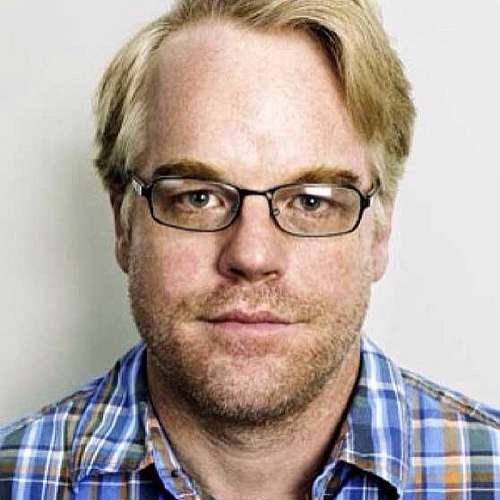Philip Seymour Hoffman's Death Is Government's Fault, Says Congressman


What killed Philip Seymour Hoffman? During a congressional hearing yesterday, Rep. Steve Cohen (D-Tenn.) suggested that it wasn't just heroin. Another factor was complicit in the death of the 46-year-old actor: the federal government's war on drugs.
The House Committee on Oversight and Government Reform convened to discuss the Obama Administration's marijuana policy. Cohen asserted:
It is ludicrous, absurd, crazy, to have marijuana on the same level as heroin. Ask the late Philip Seymour Hoffman, if you could. Nobody dies from marijuana. People die from heroin. And, every second that we spend in this country trying to enforce marijuana laws is a second that we're not enforcing heroin laws… Every death, including Mr. Hoffman's, is partly the responsibility of the federal government's drug priorities for not putting total emphasis on the drugs that kill.
The representative also criticized Republicans for being "schizophrenic" in their calls for limited government while simultaneously approving of federal meddling in state legalization efforts as well as a prison system bloated by the costs of the drug war.
Though, one could say that Cohen, who understands the relative harmlessness of marijuana and the futility of trying to stop people from consuming it, is schizophrenic for not following through with this line of logic when considering other substances.
Why not give up on the laws that keep it listed as a Schedule I drug as well?
As Reason's Jacob Sullum and Matthew Feeney have explained, prohibition actually makes heroin more dangerous. The drug war ensures that users have to rely on the opaque black market, where the risk of buying contaminated and potentially deadly products increases. This isn't just a libertarian position, though.
Dr. Stanton Peele points out, pure, unadulterated heroin is not particularly dangerous. Likewise, studies have confirmed, it is a safer and cheaper alternative to government-approved methadone.
"Our drug policy of prohibition and interdiction makes it difficult and dangerous for people like Hoffman to get high, but not impossible — and it makes these tragic overdose deaths more common than they have to be," argues Eugene Robinson of the Washington Post and MSNBC.
Few politicians would outright say, "legalize heroin." The majority of Americans believe that recreational marijuana should be legal, but they remain wary of ending the prohibition of harder drugs. Perhaps, as Cohen advocates, government should put as much focus on heroin as it has on marijuana. Then people would see that the drug war fails regardless of the substance.
